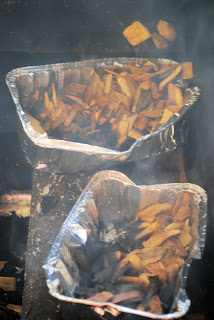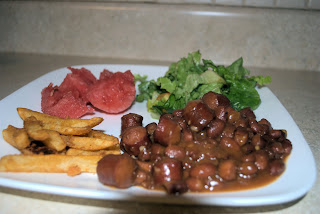Deeper Bible Articles
Don’t make the rocks cry out!
It was rare for
that bedlam to reach the levels it reached during the last few days of Jesus’
life on this earth. It was very pronounced on the day that Jesus re-entered
Jerusalem during the Passover season, in what we now call His Triumphal Entry.
The trouble started as Jesus approached Jerusalem from the village of Bethany,
on the far side of Mount Olivet. Jesus sent some disciples ahead of Him to
procure a donkey colt for Him to ride into the city. The imagery is rich with
meaning since it had been prophesied that the Messiah would enter Jerusalem in
just that manner. In Zechariah 9:9 it was prophesied, “Rejoice greatly,
daughter of Zion! Shout in triumph, daughter of Jerusalem! Behold, your king is
coming to you; He is righteous and endowed with salvation, humble, and mounted
on a donkey, even on a colt, the foal of a donkey….”
Whether the
crowds on that day realized what was happening or not, they did not fail to
rejoice greatly at the entry of Jesus into Jerusalem.
As Jesus rode the donkey into Jerusalem,
the crowds gathered around Him and began placing their garments on the road for
Jesus to ride across. That signified Jesus as a great person, high and exalted.
Then, to make matters even tenser, as viewed by the enemies of Jesus, they
began to shout out to Jesus, “Hosanna to the son of David; Blessed is the One
who comes in the name of the Lord; Hosanna in the highest (Matthew 21:9)! So
great was the bedlam that day that Matthew records, “…all the city was
stirred….” The entirety of the city of Jerusalem was getting involved in the
spectacle of that day.
The enemies of Jesus
had to act! They had to attempt crowd control. Luke records that they beseeched
Jesus, saying, (Luke 19:39) “Teacher, rebuke Your disciples!” Their reasoning
was sound, in their own minds. The phrase Hosanna meant “save, we pray”. Which
meant that the crowds were bestowing upon Jesus equality with God. Since salvation
came only from God, they were in essence making Jesus equal to God. At the very
least, they believed Jesus to be one of the great prophets of God. Even more
dangerous, though, was their fear that the Romans who occupied Jerusalem at the
time would see what was happening as an insurrection against the Emperor in Rome,
and would slaughter the people of Jerusalem.
So, they requested that Jesus control His
disciples. Jesus’ answer has great meaning to us today, as we contemplate our
part in the kingdom of God. He answered the Jewish leaders on that day, in Luke
19:40, “I tell you, if these stop speaking,
the stones will cry out!” Luke chose a couple of interesting words in telling
what Jesus said on that day. He said, first, that if the crowd was “made to
hush”. The verb he used to say “be silent” carried the context of involuntary
silence. They would be forced to be silent or gagged into silence. Then, Jesus
replies, “the stones would cry out….” The word used for “Cry out” is the word
KRADZO, which means, “to croak, as a raven, or scream, or call aloud, or
shriek, exclaim, or entreat”. Jesus essentially said that God was going to
proclaim His name even if He had to give mouths to the stones with which to
proclaim. How exciting to realize that God loved Jesus so much that He arranged
for Him to receive a royal welcome into Jerusalem?
We must make an application today. Jesus
is to be proclaimed. His name is to be shouted from the rooftops! If we fail to
do what we are commanded, then God will still not leave Jesus without
proclamation. No. If we do not proclaim, God can give mouths to the
very stones around us and will enable them to proclaim the name of Jesus! Jesus
will be proclaimed! So let’s get busy sharing Him with those around us so that
rocks can remain silent as they are intended to do.



Comments
Post a Comment